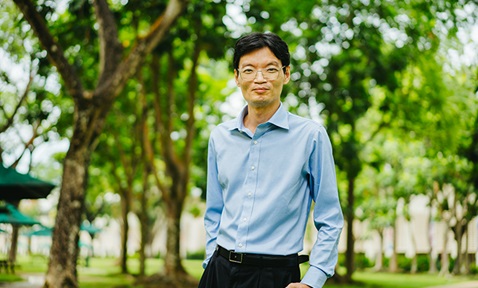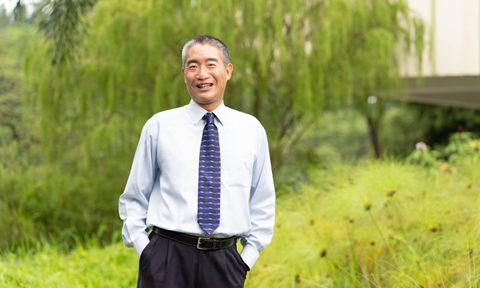Bringing the Science of Learning into Singapore Classrooms
On the 24th of March 2021, the National Institute of Education (Singapore) unveiled the nation’s first ever research centre that focuses on science of learning in education in the Singapore context. Consisting of two experimental rooms and one classroom that are named after neuroscientists who played significant roles in shaping the field, the Science of Learning in Education Centre (SoLEC) aims to contribute to the K-12 school system in terms of improving students’ learning.
Professor David Hung, Dean of the Office of Education Research at NIE, as the new Centre Director of SoLEC, shares more about the science of learning in education.
Q: What is the Science of Learning?
Science of learning in education (SoLE) seeks to improve learning for every student up to K-12 but with a focus on students of lower-progress or academically challenged ones.
It does so by integrating knowledge from different fields such as the learning sciences and more recently neuroscience (especially those employing techniques that measure the biological aspects of learning) to advance our understanding of the processes, mechanisms, factors and designs that contribute to learning. In order to consider how to sustain interventions that work or those which have been proven to have efficacies, SoLE works alongside policy actors in contextualizing these interventions into practice early on in the research journey.
Q: Why and how was SoLEC established?
SoLEC was established with the aim of bringing together education researchers and those from fields related to cognitive psychology, neuroscience and artificial intelligence, to combine their expertise and expand our capabilities in education research. SoLEC started with a small group of NIE researchers with an understanding of the potential contributions that neuroscientific knowledge can add to the educational landscape and has grown to include international collaborations in our research endeavours. It is our goal to make contributions to the K-12 school system, and to continue to build on this front and obtain international recognition as a leader in SoLE research.
Q: What impact does SoLEC have on learning as a field of study
SoLE takes on a multi-faceted approach to understand the processes and factors that contribute towards learning. Through the SoLE approach, we hope to understand learning from different levels and perspectives – for instance, (1) how individual factors, both behavioural and biological, contribute and change in the learning-interactional process; (2) how interpersonal, environmental and societal factors co-influence the learning process both individually and collaboratively; (3) how learning designs and interventions impact on learning; and (4) how the factors from the different levels dynamically interact in exerting their influence on learning. By scrutinizing the different layers that contribute to learning, we can potentially customize learning environments, designs and policies that recognise individual differences and that are nurturing and conducive to allow for optimal learning by all.
To find out more about Science of Learning in Education in Singapore, read SingTeach’s (a quarterly research-practice magazine by the Office of Education Research targeted at Singapore educators) latest issue at: https://singteach.nie.edu.sg/















/enri-thumbnails/careeropportunities1f0caf1c-a12d-479c-be7c-3c04e085c617.tmb-mega-menu.jpg?Culture=en&sfvrsn=d7261e3b_1)

/cradle-thumbnails/research-capabilities1516d0ba63aa44f0b4ee77a8c05263b2.tmb-mega-menu.jpg?Culture=en&sfvrsn=1bc94f8_1)

7e6fdc03-9018-4d08-9a98-8a21acbc37ba.tmb-mega-menu.jpg?Culture=en&sfvrsn=7deaf618_1)





